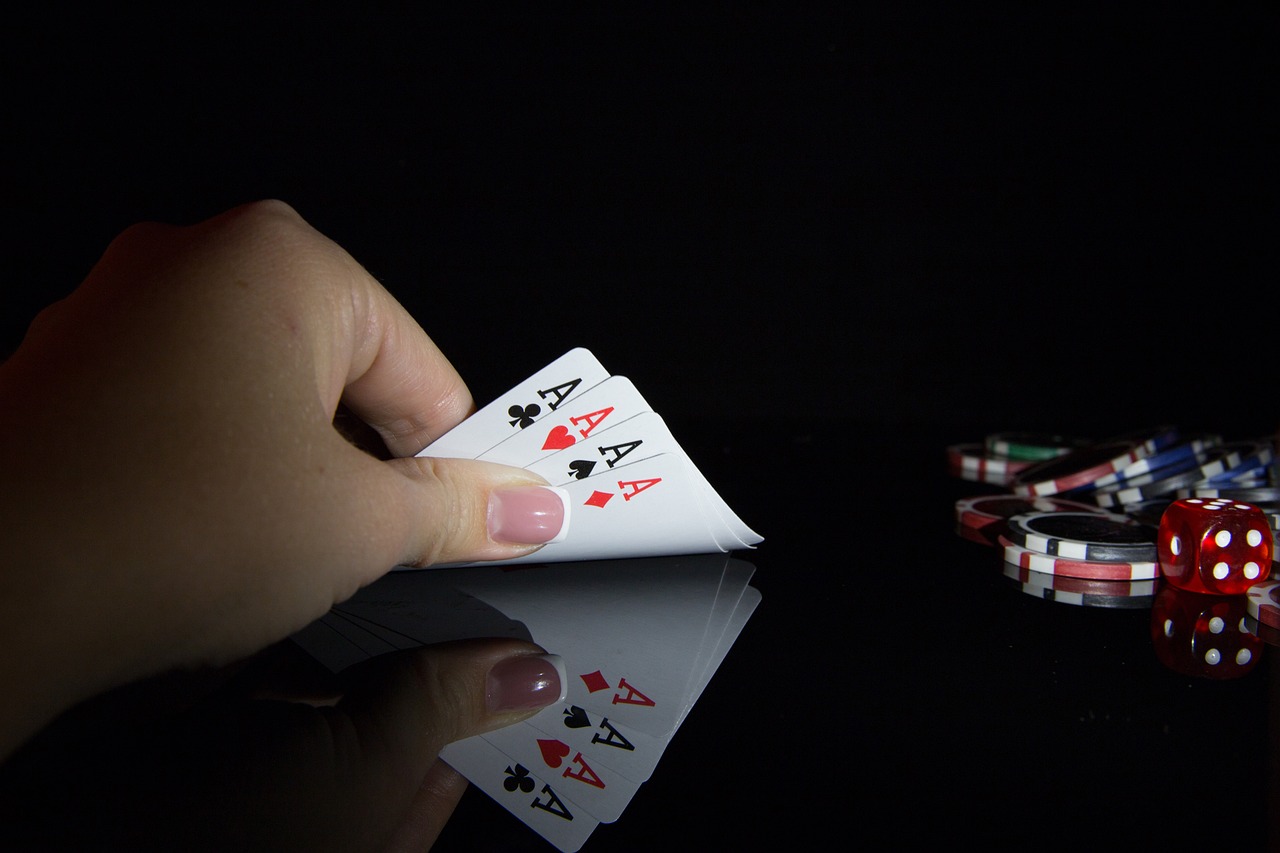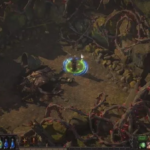Written by Drogo Schultz
Casino gaming strategy is often a hot topic online. If you’ve been in the industry for as long as I have, you’ll know that many on social media will proclaim they have strategies that can beat the casinos or flip the house edge on its head.
The vast majority of casino games are complete luck. There’s no statistical analysis you can utilise that changes this. Poker is the only slight exception to this rule.
Players who understand sophisticated card counting methods may give themselves a statistical edge in a physical casino. It’s not an easy method to learn and carries several inherent risks. Maybe in the 1970s, you’d have better luck, but in today’s modern market? One that has had decades of practice looking out for it and devising ways to make it more difficult? Unlikely.
Over time, dealers have been trained regarding what to look for, including body language and betting patterns, which adds another layer to the challenge. So, firstly, you’ll be banned permanently. Second, online blackjack is a different beast. Casino gaming platforms have adapted to limit the value of card counting in the digital age. Considering all these factors, can gamers use statistical analysis to try and get the edge over the house?
Statistical analysis in blackjack – does it work?
While blackjack is pretty much a game of luck, statistical insights can provide a better grasp of the odds for certain outcomes, so the answer is yes, it can work, but it’s still important to understand that these insights won’t necessarily guarantee that you’ll get some consistent wins, as the game does rely on chance more than anything. I’d say that knowing these odds can be more of a useful tool to help you make more informed decisions, therefore, while statistical analysis helps in understanding how the game works, it doesn’t ensure a better chance of winning.
For instance, the famous example of Moneyball is one of the most well-recognised implementations of statistics and data to gain an edge. While Moneyball focused on baseball players rather than gambling odds, it highlighted some advantages of using complex statistical analysis in competitive environments. Obviously, this argument becomes slightly different when discussing blackjack, as it is a game of luck and chance. Understanding the statistical likelihood of specific hands is crucial. Some will garner a better chance of success. So, although statistical analysis in blackjack can help you understand the game, it doesn’t mean you have a better chance of winning hands per se. Before you play any game, though, or try to decipher how statistics can drive the outcome of a blackjack game – you must:
- Remember that blackjack is a game of chance – with no statistical advantage.
- Always remember to put responsible gambling protocol in place.
- Do not view blackjack as a source of income.
Blackjack odds and percentages
The odds of a player winning a game of blackjack are usually between 40% and 42%. I’m giving you general ballpark figures as, of course, there are other variables to consider, such as the number of other players at the table and the type of blackjack being played. The house has a higher chance of winning, usually between 48-50%, with a push or draw of around 8%. In the event of a draw, you’ll get your wager back.
As far as casino games go, blackjack provides the best odds as it has a smaller house edge than games such as roulette and craps. It’s important to understand that this doesn’t mean it’s easier to win or you have a better chance of walking away with money in your pocket. It is relative to each hand, but it entices gamers to check it out — both in land-based casinos and online.
Is card counting an effective way to predict outcomes in blackjack?
Blackjack, statistically, will give you the best odds out of any casino game, but that doesn’t mean that the scales are tipped in your favour. As I alluded to at the beginning of today’s piece, card counting is one method that has been sensationalised and implemented in casino gaming over the years.
Card counting is a complex way to predict outcomes; it can often take years, and it usually takes a sharp, mathematical mind to remember all the nuances that can provide a statistical edge. It’s been the topic of many films and documentaries over the years, including an iconic scene in the 2009 comedy film The Hangover, and other Hollywood blockbusters such as Rain Man and 21.
Back in the 1960s and 1970s, casinos in Las Vegas had a serious issue with intellectuals who would use their statistical skills for the dark arts, and they spent a lot of time and money to counter them in their casinos. While card counting would’ve been effective for a time and is a method that can still be effectively used if there’s only one deck of cards in play, land-based casinos became wise to this.
Many started to use multiple decks and would shuffle the decks and the dealers around often so that the odds were skewed and card counting became virtually impossible. Obviously, hard punishments and bans were dished out for card counters who were found to be trying to take the house for a ride.
Statistical analysis of going bust
If you boil it down to numerical value and the quality of your hand, it’s a fairly easy set of numbers to remember. It’s probably best if I give you the percentage chance of busting depending on the value of your hand. While ideally, a 10 or 11 is the top starting hand to get, here’s the statistical outcome of going bust based on each of these starting values:
- 14 – 56%
- 15 – 58%
- 16 – 62%
- 17 – 69%
- 18 – 77%
- 19 – 89%
- 20 – 92%
- 21 – 100%
It should go without saying that 17 or anything over is in the danger zone, and technically, it’s impossible to take another card if you’ve been dealt 21, so this is just for context. If you’re playing against four or more other players, then these odds can change too as there is a higher chance of losing or a draw if there are more active hands in the game.
Do these odds change in online blackjack?
These odds don’t change online, but if you remember what I was saying about card counting, it can still be somewhat successful in certain land-based casinos or if you’re playing a game that uses one deck. Online blackjack includes many innovations, and while they use much of the same random number generator (RNG) technology that can be found in online slot and roulette games, the fact that online blackjack can essentially use a completely random, digital deck of cards for each hand, has wiped out the potential to card count or cut corners in the online version of the game.
Enhancements in any industry rarely benefit both the company and the customer, especially in casino gaming. However, by eliminating the potential for card counting, keeping up to date with the latest cybersecurity news, such as next-gen post-quantum cryptography, and providing a platform where people could play blackjack from home safely, an effective middle ground was found.
Responsible Gambling and Statistical Limits in Blackjack
It can be risky to predict outcomes or delve too deeply into analysing games like blackjack. Blackjack relies on luck, and there’s always a house edge. You should never view games of luck as something you can conquer with strategy or experience.
In fact, any casino game other than poker is based on luck — and even then, there’s only a tiny percentage of professionals who sit right at the top of the game and know how to play it better than everybody else. There is nothing you can do to tip the odds in your favour, especially if you don’t have any experience playing the game in a live environment.
In any event, viewing gambling as a potential source of income or trying to poke holes in how the casino operates strays quite dangerously away from the whole purpose of gambling, which is to be a form of entertainment — nothing more.
Responsible gambling involves sticking to your time and monetary limits, knowing when to stop and identifying any issues that are starting to surface. If you’re using money that you can’t afford to lose, chasing losses, or gambling is starting to have a detrimental impact on your friendships and relationships, seek advice from a problem gambling charity, such as Gamblers Anonymous.
My closing thoughts
Predicting outcomes in any field can be tricky. Still, the harsh truth is that online casino companies haven’t become some of the fastest-growing digital enterprises by developing games and ideas with statistical workarounds that can shift the odds.
One thing statistical analysis can help with is playing the game more responsibly. You should never play a casino game if you do not have a strong grasp of the rules; that is a given, but you can get a good idea of which hands are good in blackjack and the chances of winning by understanding the data and percentages.
As with many casino games, understanding the data and the percentages is the key to playing the game safely and not betting beyond your means on risky hands — and online blackjack falls right into this category.
About the Author

Drogo Schultz is an expert at Online Blackjack with over 7 years of experience. He is dedicated to teaching readers all about the skill and strategy involved in this game and has a degree in Game Development from Sheffield Hallam University.


